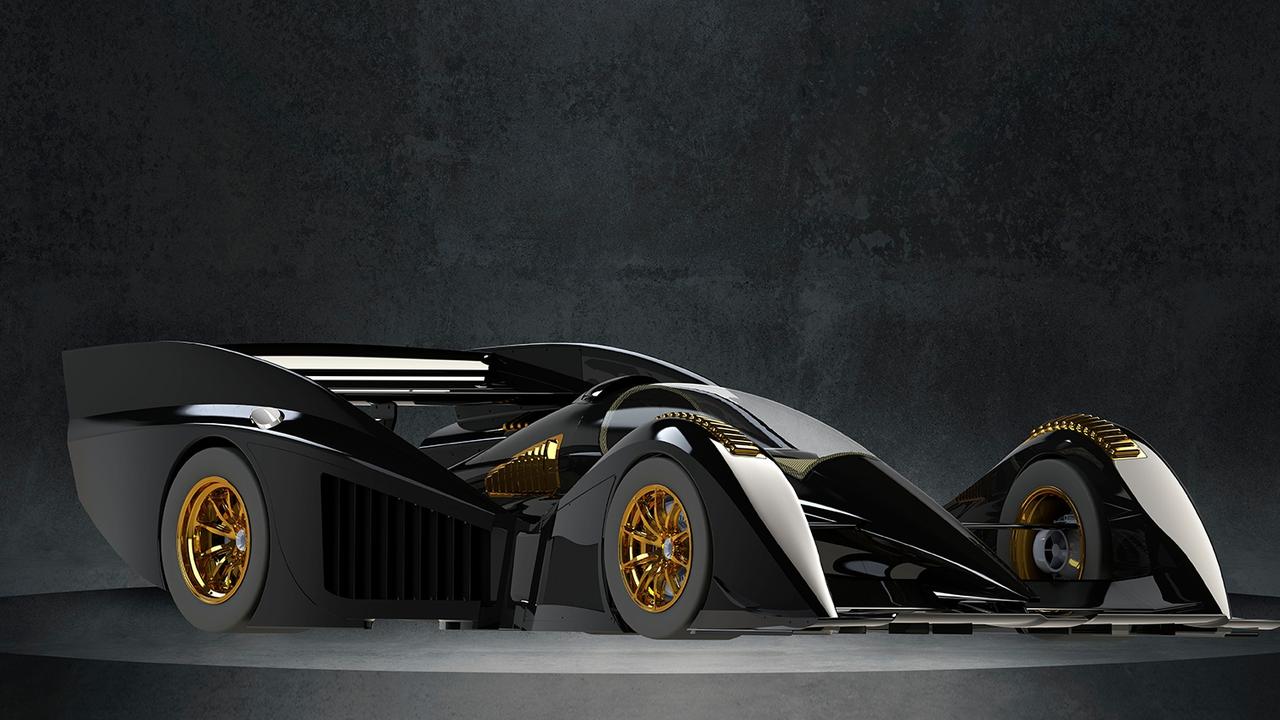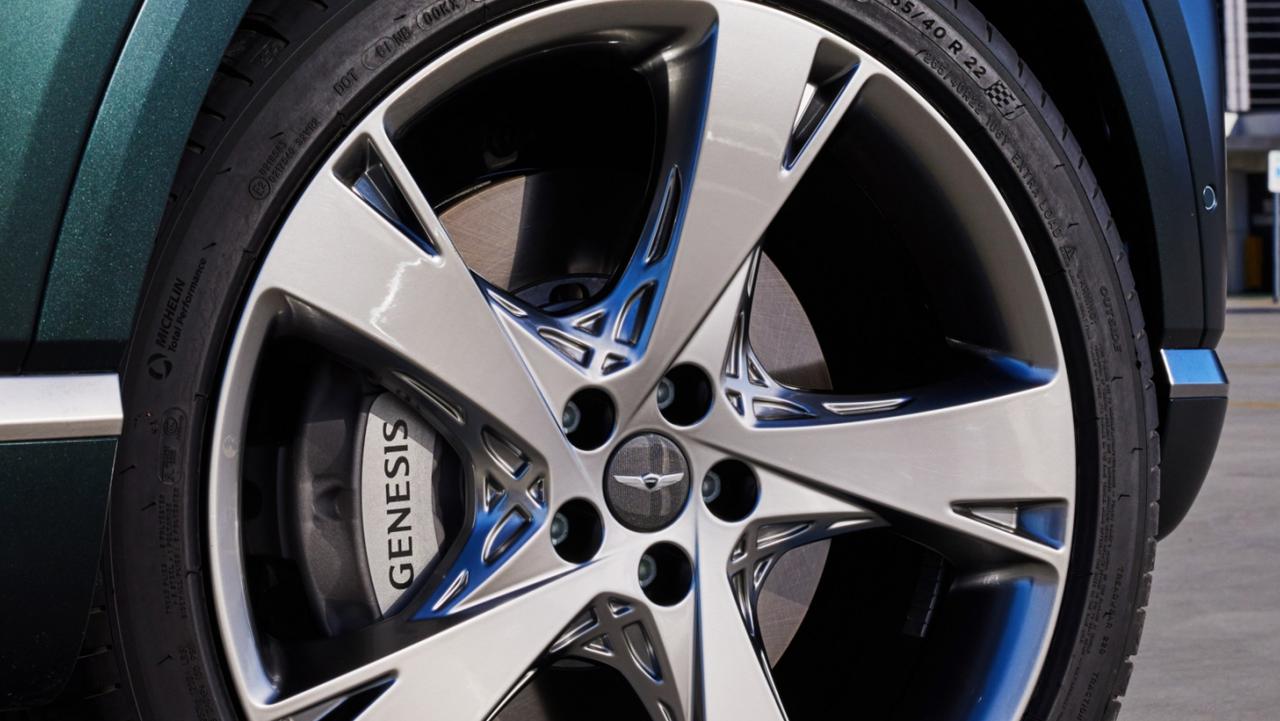From the land that brought the world McLaren comes another crazy supercar with mind-boggling power.
The Kiwi-built Rodin FZERO will be powered by a lightweight 4.0-litre twin-turbo hybrid V10 that puts out a combined 877kW of power and 1026Nm of torque.
Those numbers are more impressive when you consider the extremely light weight of the car, which tips the scales at just under 700kg.
Rodin plans to build only 27 of the track weapons, which cannot be registered for the road.
The maker doesn’t quote a 0-100km/h acceleration time but does claim it will be faster than current F1 cars on a lap of a racetrack.
“The singular goal of the Rodin FZERO is to be the fastest car around a track, without exception,” a media release says.
The car is the brainchild of Aussie tech tycoon, David Dicker, who has developed the car as a passion project.
“The Rodin FZERO is the physical representation of the ultimate heights in vehicle performance. Without the restrictions of building to a set of rules, we are able to make the car lighter, more powerful, and produce significantly more downforce. The only real restrictions we face are the laws of physics and we have even pushed those to the absolute limit. We look forward to bringing the most intense driving experience conceivable to tracks around the world,” Dicker says.
Prospective buyers, who are expected to part with well in excess of $1 million for the car, will be offered vehicle storage, delivery and driver training at private racetracks in the New Zealand countryside.
Dicker, who is based in New Zealand, has a remote 550-hectare property on the South Island that has a manufacturing plant and three test tracks.
The first of the cars will come off the assembly line in the middle of next year.
The FZERO’s chassis is made entirely of carbon fiber composite and the compact V10 has been engineered to rev all the way to 10,000rpm.
Carbon brakes have titanium calipers with six pistons at the front and four at the back, while the electric motor provides additional stopping power and feeds charge back into the battery.
Dicker plans to eventually build a road-going version of the car and hopes to have an electric race car up and running some time next year.
.

